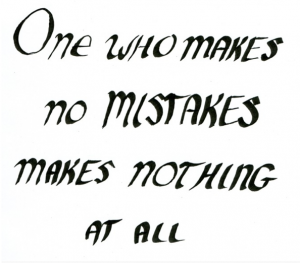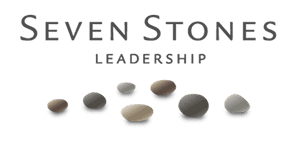 Nobody likes to make mistakes. But I really don’t like to make them. I have not liked to make them so much I would not even try, not publicly anyway. For years I paralyzed myself with a fear of failure, linking it to even the smallest of errors. I called it “hiding in plain sight.”
Nobody likes to make mistakes. But I really don’t like to make them. I have not liked to make them so much I would not even try, not publicly anyway. For years I paralyzed myself with a fear of failure, linking it to even the smallest of errors. I called it “hiding in plain sight.”
When I would make them, and someone else was impacted, I would drop into self-loathing and go one of two ways: armor myself and make excuses, or abandon myself and apologize excessively. From typos to missed deadlines, these extreme reactions were exhausting and took up a lot of time. I would lose important feedback because my colleagues would be afraid to cause this destructive pattern in me. This was also true in many ways at home. In my commitment to learning and development – to freedom, together with the support of my colleagues, we began a map to shift my relationship to making mistakes.
In one way, there are no mistakes, just learning opportunities. But I can’t get to the learning unless I can stay present to the actual action of mistake. What would it look like to just BE with a mistake I made? Can I stay present to the sensations that arise?
To find out, I am starting a log of the mistakes I make. I also get to list what I do well. Ever kept a food log, sleep log, or money log? This tried and true practice of monitoring a habit will be the anchor of my unwinding the intensity in which I respond to making a mistake or maneuver to protect myself from making one. And will consequently support my discovering ways to extend past the fear and take more risks.
In addition to the regular practice of logging, I invented an in-the-moment practice. When I make or realized I’ve made a mistake, I will interrupt the normative response of excuses/apology and bear witness on what is arising in my body. I can ask myself and/or a trusted colleague: what needs to happen to make this ok?
If I’m going to play a big game, make a difference and be a contribution, I cannot get stopped by mistakes and I cannot turn them into failures that cause further harm. I also have this Chinese maxim to remind me to be light on my journey:
From the hermit sage to the seeker:
What is the most important aspect of one’s life?
Experience.
How do you get experience?
Good judgment.
How do you get good judgment?
Bad judgment.



